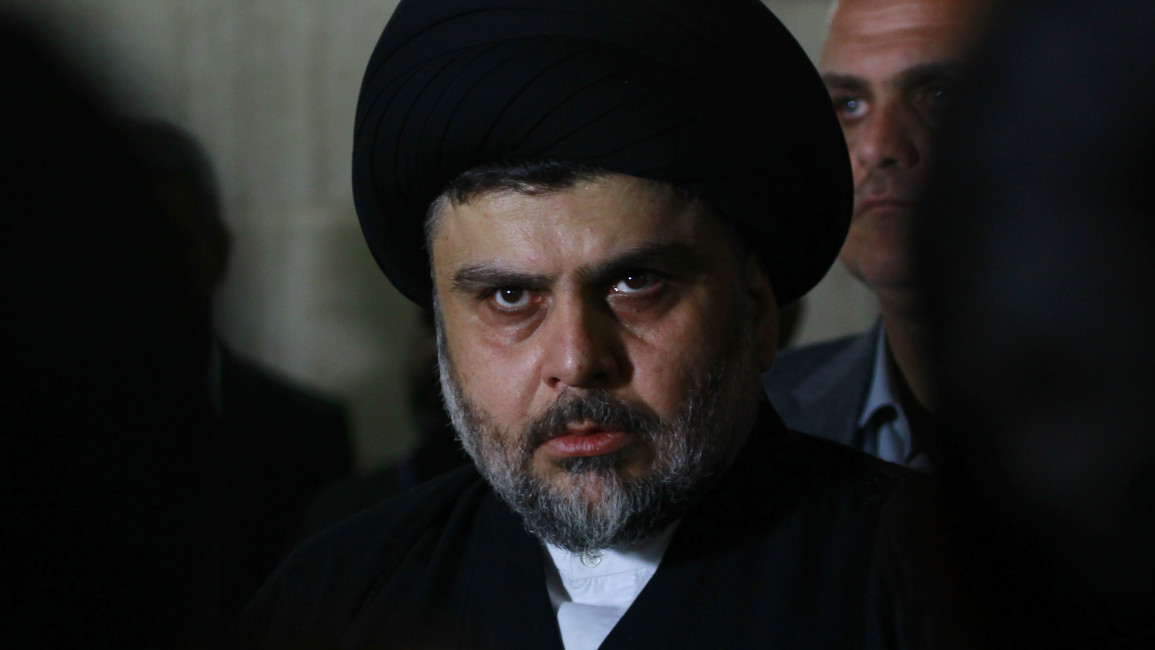Iraqi parliament to vote on candidates replacing resigned MPs from Sadrist bloc
The Iraqi parliament will hold a session on Thursday to vote on alternative candidates to replace resigned lawmakers from the Sadrist bloc, two Iraqi lawmakers told The New Arab.
Seventy-three Iraqi lawmakers from firebrand Shia cleric Moqtada Sadr's bloc resigned last week. The move came after Sadr urged them to resign as a means to end an eight-month political paralysis in the country following last October's early elections in which the Sadrist bloc won the most seats in the parliament.
"We have been notified to attend a session of the parliament on Thursday in order to vote on the new lawmakers who will replace the resigned MPs from the Sadrist bloc," Arian Taugozi, Kurdish lawmaker from the New Generation bloc in the Iraqi parliament told TNA via WhatsApp.
According to Iraq's election law, the next highest performer in the October elections will succeed the resigning members from the same district.
Musana Amin, another Kurdish MP from the Islamic Union bloc in the Iraqi parliament also told TNA via WhatsApp that the parliament is scheduled to convene tomorrow "to vote on alternative lawmakers to replace resigned Sadrist lawmakers."
A triple alliance among Sadr, the Kurdistan Democratic Party (KDP), and the Iraqi Sunnis, known as "Saving the Homeland", is now on the verge of collapse.
Sadr on Wednesday in a statement accused pro-Iran Shiite groups of resorting to "illegitimate pressures, including violence and judicial decisions" against "other blocs". While Sadr did not directly name the blocs, it is likely he is referring to his Kurdish and Sunni allies. He further called on them to "not fear sectarian pressures" and vowed that pressures from pro-Iran blocs "will end soon".
The KDP has already started its negotiations with the Coordination Framework, which represents lawmakers, political groups and armed groups seen as close to Iran, in order to participate in the upcoming Iraqi government.



